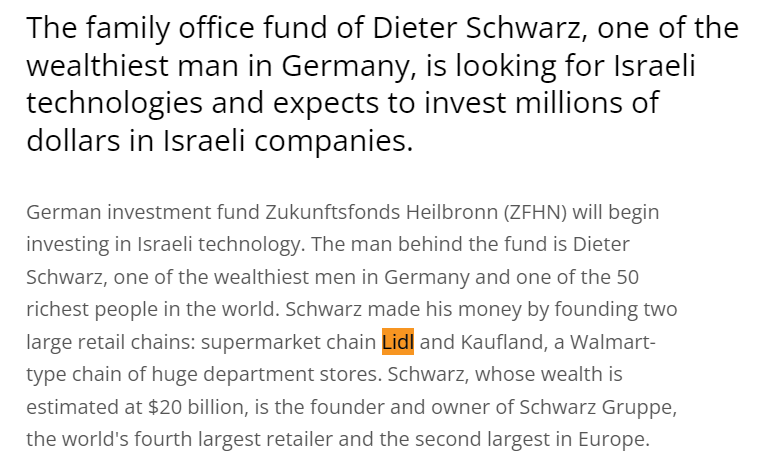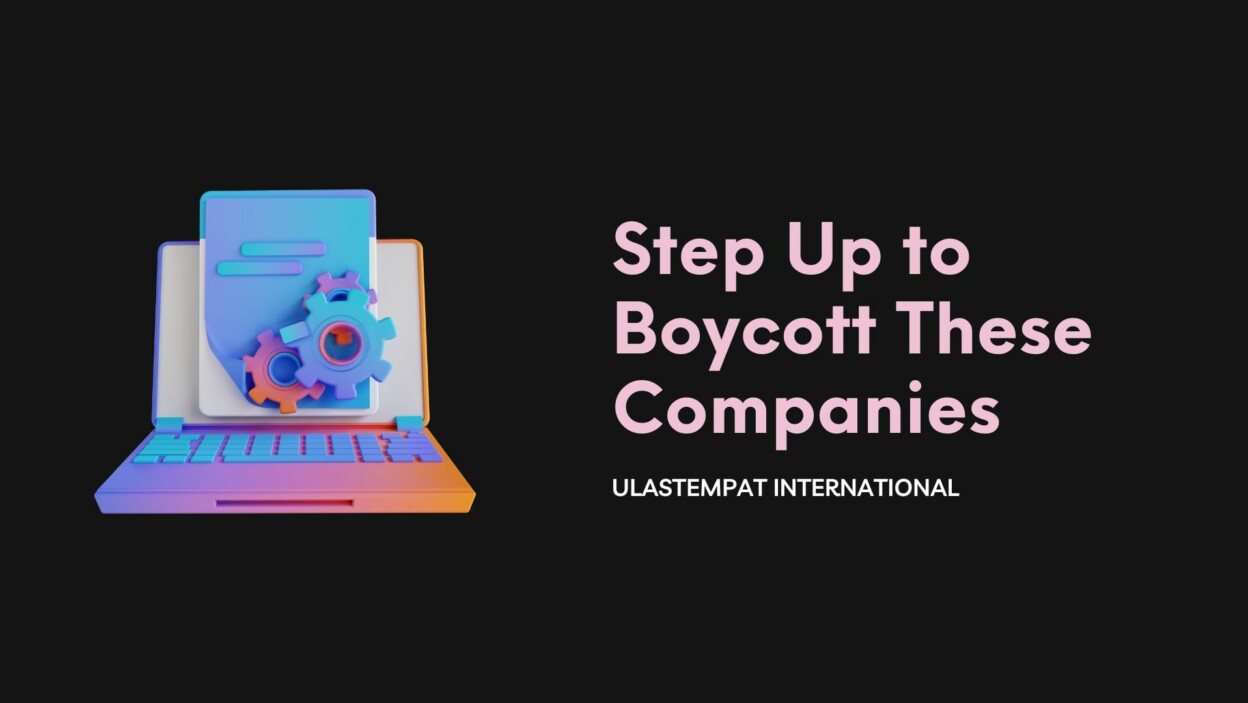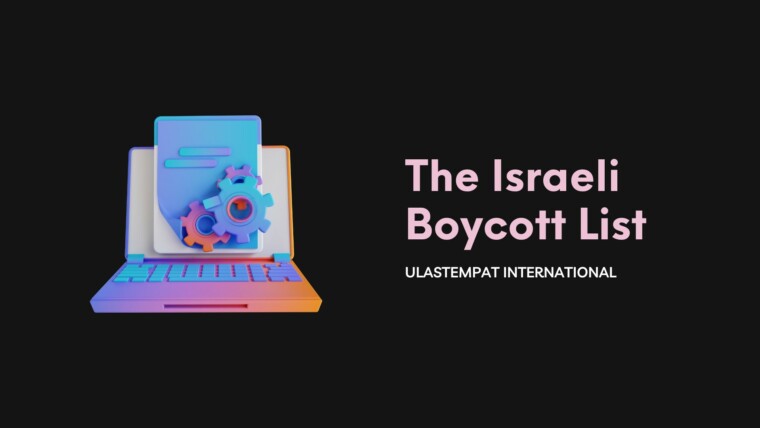Lidl, a prominent supermarket chain, finds itself entangled in a web of controversy as allegations of mislabeling Israeli products surface in France. The purported misrepresentation, masking Israeli origins with false labels of African or Spanish produce, has sparked outrage and skepticism among consumers.
This controversy not only raises concerns about deceptive practices but also casts a shadow on the transparency and ethical standards of the retail giant.

Also See: Is Lancome Supportive of Israel? Explained
Unveiling Lidl’s Alleged Mislabeling Saga
The partnership between Lidl and Israel has recently been marred by controversy, shedding light on alleged deceptive practices adopted by the supermarket chain. Lidl stores in France faced severe backlash for reportedly mislabeling Israeli products as originating from different countries in an attempt to mask their true origins. The labeling scandal involved avocados and pomegranates purportedly being misrepresented as African or Spanish produce instead of their actual Israeli origins.
Social media erupted with accusations as users shared photos of products showcasing both the original labels indicating Israeli origins and the secondary labels indicating alternative, misleading origins. Outraged customers denounced this practice as a scandal, revealing a disturbing trend of deliberate misrepresentation to deceive consumers.
The timing of these incidents within the context of heightened tensions and the growing movement to boycott Israeli goods raised suspicions. Some individuals speculated that stores might have intentionally misrepresented these products to sidestep the boycott and ensure continuous sales, thereby benefiting from the misinformed consumers.
In response to the allegations, Schwarz Group, the owner of Lidl stores, dismissed the claims as a mere “display error,” attributing it to the regular sourcing of avocados and pomegranates from various origins. However, this explanation did little to assuage concerns or quell the outrage among consumers and critics.
Conflicting Interests
Moreover, amidst this controversy, reports emerged of the Schwarz Group’s interest in seeking high-tech investments in Israel. Dieter Schwarz, the German billionaire behind the Schwarz Group, expressed intentions to invest millions of dollars in Israeli technologies through the family office fund. Despite the controversy surrounding Lidl’s practices, Schwarz’s interest in investing in Israeli companies reflects a conflicting narrative, raising questions about ethical considerations in business dealings.
The situation has drawn the attention of France’s Directorate General for Competition Policy, Consumer Affairs, and Fraud Control (DGCCRF), which has initiated an investigation following consumer reports of these deceptive labeling practices.
This intricate web of events exposes a disconcerting reality—a retail giant embroiled in controversy over alleged misrepresentation while its owner eyes lucrative investments in Israeli technology. Such actions, if proven true, not only undermine consumer trust but also pose ethical quandaries regarding transparency and fair business practices.

Explore More: The Mountain Dew – Israel Connection Unraveled
The unfolding controversy surrounding Lidl’s alleged mislabeling practices underscores a troubling reality—commerce overshadowing transparency. The supermarket chain’s attempts to mask the origins of Israeli products have not only sparked public outcry but also prompted regulatory scrutiny.
The investigation initiated by France’s regulatory body reflects the gravity of these allegations and the imperative need for accountability.



Companies That Support Israel: A List to Avoid
Does Red Bull Support Israel? Decoding the Unraveled Connection
The 7 Largest Bunnings in South Australia
Top 15 Largest Woolworths Supermarkets in Melbourne, Australia
Does These Firearms Support Israel? Exploring the Unraveled Connection
Does These Tech Brands Support Israel? Decoding the Unraveled Connection
Does These Filmography Support Israel? Understanding the Intricate Ties
Does These Online Business Support Israel? Exploring the Unraveled Connection